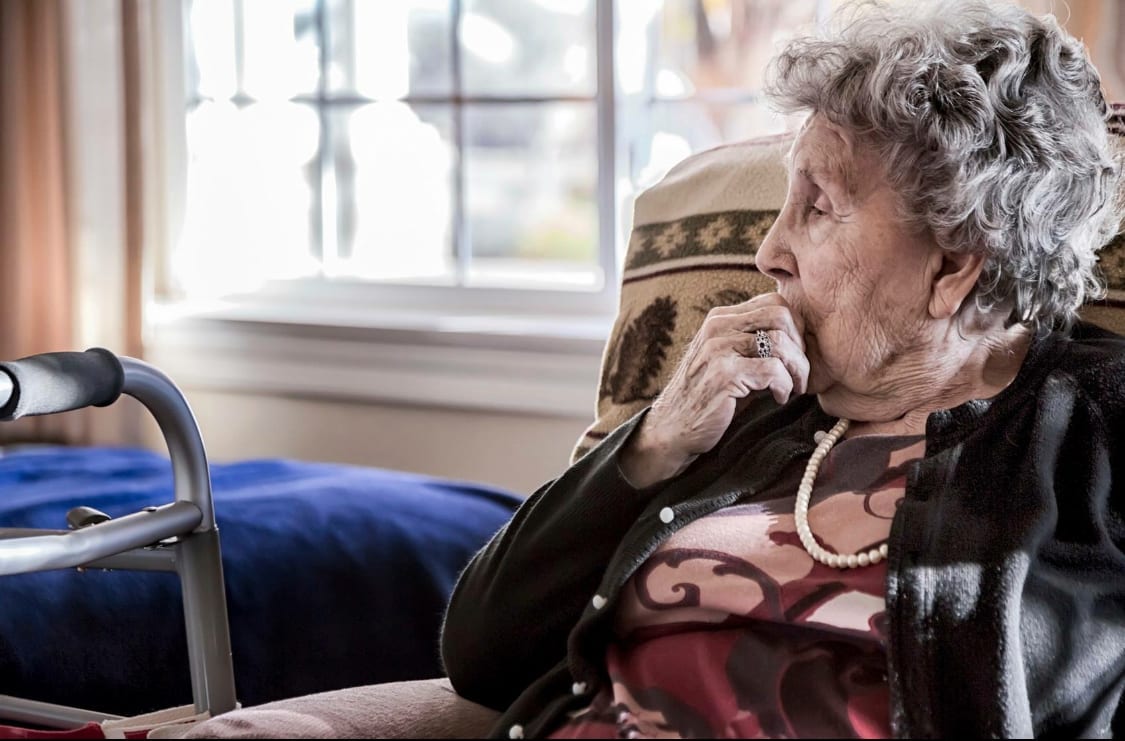Talc Safety Topic of Congressional Hearings
Talc safety has been a concern for years. More recently, the clear possibility of asbestos contamination in talc has led to heightened concern about critical diseases, such as mesothelioma and ovarian cancer being caused by use of talc based products. Why is asbestos connected to talc safety? Both talc and asbestos are minerals found …

